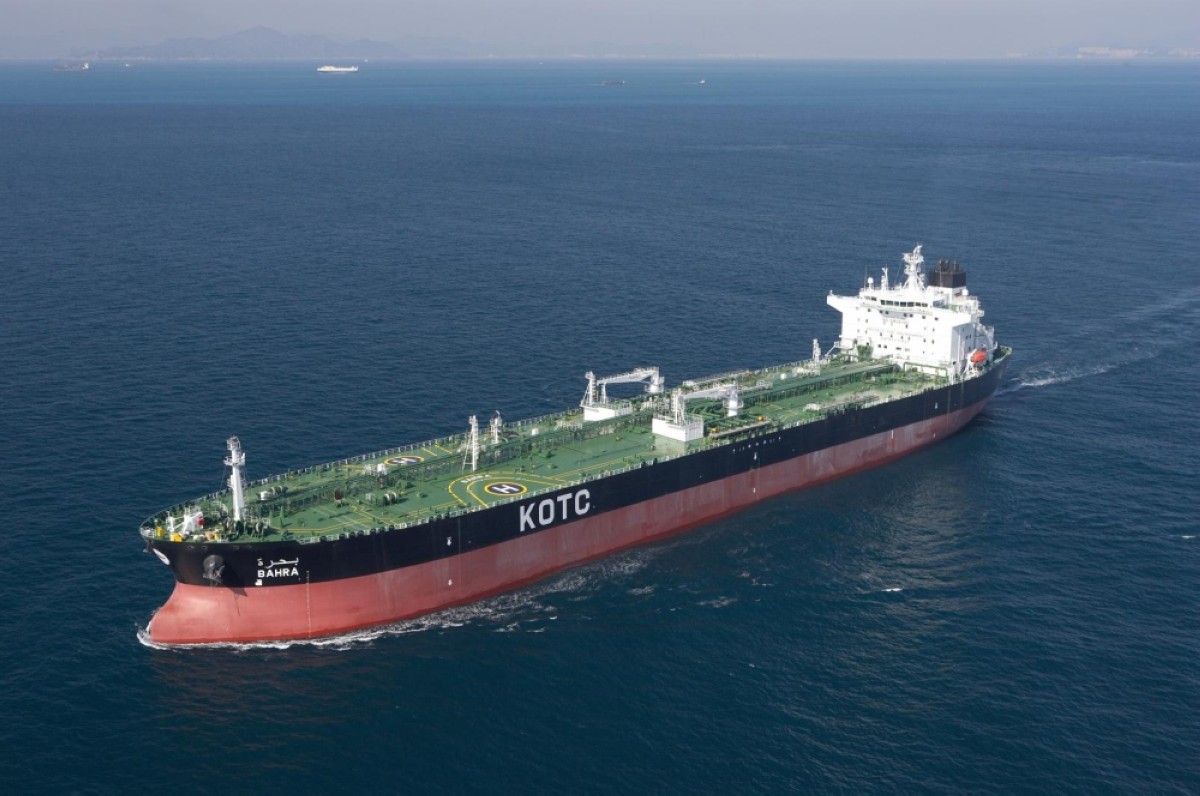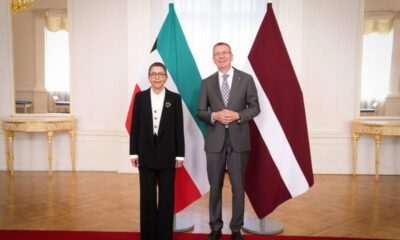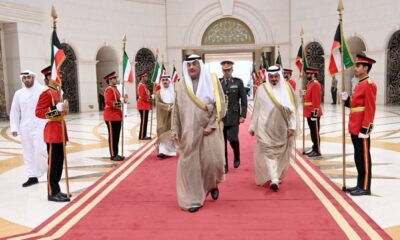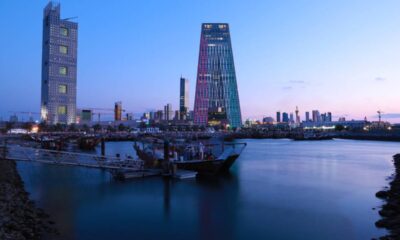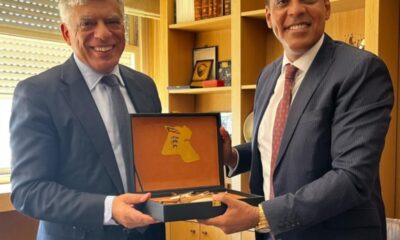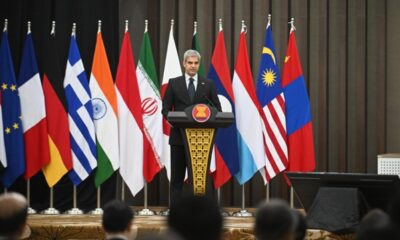Addressing mission critical challenges, event focused on expanding national AI capabilities and turning digital ambition into action
Spotlighting government use cases to modernize operations and enhance citizen services through cloud solutions ahead of the Kuwait Azure Region launch
Summit attended by policymakers and digital transformation decision makers
KUWAIT: ZainTECH, the integrated digital solutions provider of Zain Group, and Microsoft co-hosted the ‘AI-Ready Kuwait’ event, an exclusive gathering of senior government policymakers and digital transformation decision makers. Held September 17 at the Waldorf Astoria, Kuwait the event focused on accelerating Kuwait’s national AI agenda through secure, scalable and sovereign cloud technologies, aligned closely with Kuwait Vision 2035.
Following successful editions in Riyadh, Dubai and Amman, the Kuwait summit highlighted how AI and Microsoft Cloud technologies, deployed locally through ZainTECH’s industry expertise, are enabling governments to modernize operations, enhance citizen services and meet national digital policy objectives. The event coincides with a major milestone; the upcoming launch of Kuwait’s first AI-powered Microsoft Azure Region, a critical step in reinforcing national data sovereignty and public sector resilience. ‘AI-Ready Kuwait’ serves as a platform to demonstrate practical, real-world applications of AI already in motion across the region and showcase how these solutions can be tailored to Kuwait’s specific needs.
Hamad Al-Marzouq speaking at the event.
Microsoft Kuwait Country Manager Alaeddine Karim speaking.
Senior leaders from the government sector attend the forum.
Hamad Al-Marzouq, Chief Enterprise Business Officer of Zain Kuwait, said: “Today we are focused on turning Kuwait’s digital ambition into measurable outcomes with AI. AI leadership for us means building capabilities and partnerships that scale across ministries and sectors. When policy, platforms, talent and security are aligned, AI becomes a national capability that compounds over time and delivers what matters: faster public services, safer infrastructure, better health and education, stronger cyber resilience and higher private sector productivity.”
He added: “Through ZainTECH we integrate trusted connectivity with cloud, cybersecurity, data and AI into one coherent stack, and we partner with global leaders, chief among them Microsoft, to bring best-in-class platforms to Kuwait. We will invest in infrastructure, bring the best technology to Kuwait, and grow local talent so AI becomes a trusted part of everyday life and a driver of sustainable growth.” Andrew Hanna, CEO of ZainTECH, said: “AI-Ready Kuwait was about execution – turning digital ambition into action. Kuwait’s public sector is ready to scale proven solutions, that address mission critical challenges. Together with Microsoft, we’re delivering secure, trusted, future-ready technologies that support Kuwait’s national goals and meet the moment, build resilience and serve citizens better – today.”
Attendees engaged with a portfolio of solutions already landing in the market, including secure Azure ExpressRoute connectivity, resilient cloud infrastructure for service continuity, OpenAI copilots for smarter public engagement, and sector-specific AI tools built for areas such as healthcare, education and emergency services. These capabilities are underpinned by ZainTECH’s local delivery, compliance knowledge, and end-to-end cloud and AI expertise. Alaeddine Karim, Country Manager, Microsoft Kuwait, added: “With decisive steps taken by the Kuwaiti Government to position the nation as a regional AI hub, Microsoft’s collaboration with ZainTech reflects the private sector’s alignment with this national agenda.
It’s a powerful example of how AI is transforming business, government, and daily life – accelerating Kuwait’s digital future.” ‘AI-Ready Kuwait’ reinforced both companies’ commitment to enabling sustainable government transformation through real-world innovation, responsible AI and secure digital infrastructure. With more collaborations planned across the region, the event marked a pivotal step in advancing Kuwait’s vision; delivering next-generation infrastructure, smarter services and resilient ecosystems for the public sector.




